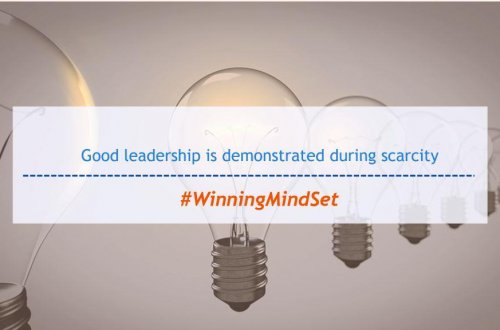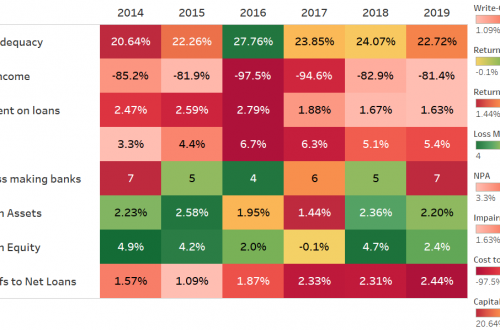Minister Kasaija tabled a Shs 72.1 trillion budget with revenue targets of Shs 37.2 trillion, a record 60% to be self-financed. The rest? Borrowed or begged. Projected GDP is Shs 254.2 trillion (USD 66.1 billion) for FY2025/26, up from Shs 226.3 trillion this year. The cheer? A 7.0% growth estimate. The caution? That optimism is riding on shaky assumptions– oil dreams not yet materialised, global price volatility, regional unrest, and donor fatigue. The structural deficit, 7.6% of GDP, remains huge. We are witnessing a classic case of what Economists refer to as “fiscal drift” — a budget that grows but…
Our pentest approach. Why most risk management teams are NOT future ready
You have a penetration testing process. You have a risk management department. You have an internal audit team. Yet you are still vulnerable. Why? Because most teams are not evolving as fast as the threat landscape. At Summit Consulting, our VAPT approach is simple and brutal: Inception meeting: Define timelines, expectations, and failure points up front. Blackbox penetration testing: Simulate a real-world external attack without insider knowledge. Vulnerability assessment: Identify cracks before the enemy does. Whitebox penetration testing: Simulate insider threats with full access. Internal vulnerabilities assessment: Your weakest links are always inside. Final report compilation: No sugar-coating. Just the…
The quiet power of boards: why ethics crumble when the board is asleep.
Five years ago, I sat across a board chair in the agriculture value addition space. The CEO had been sacked after a procurement scandal involving ghost suppliers and inflated invoices. But here’s the twist: six months earlier, the board had praised this same CEO for “excellent turnaround results.” Why? The numbers looked good. Profits were up. No one asked what fuelled the miracle. That, right there, is the silent rot that boards allow to fester. The point is simple: the tone of ethics is set by the board, not the CEO. When the board fails to ask the uncomfortable questions,…
The expired map are you the risk manager still using an expired map?
I visited Karamoja in 2017 as part of the World Health Organization (WHO), anti-fraud risk management experts. In the evening, we had dinner with old men, one of them told us of a hunter who clutched his father’s map, drawn with charcoal on bark cloth. Every morning, he set out with pride, tracing the same route. But the rivers had moved. The forest had burned. The buffalo no longer grazed there. He returned empty-handed every day. Until he died, not of hunger, but of refusing to see the change, and adapt. That’s the story of many modern professionals. Especially risk…
Playing to win: what strategy is and is not?
Oil of Olay was a tired lotion brand of no edge, no sizzle. Just memories. Yet Lafley didn’t see a product. He saw a strategic choice. Martin helped him frame it using five killer questions: What is our winning aspiration? Not survival. Domination. They aimed for $1 billion in sales and leadership in the North American skincare market. Where will we play? They drew a new battlefield between luxury creams (like Estée Lauder) and basic drugstore brands (like Nivea). The space between prestige and price. A new masstige category. How will we win? By being better, not cheaper. Formulate actual…
What makes a good strategy?
This five-question model didn’t just save a dying brand, but it created a $2.5B market leader. Because strategy is not fluff, it’s about making choices under uncertainty. That’s what risk is. Strategy is risk, organized. Let me explain. Here’s why it matters to you “Where will we play?” Most professionals skip this. They are everywhere; that’s how you get disrupted. “How will we win?” Not vague goals, actual trade-offs. Price or quality? Depth or reach? “What capabilities must we have?” If you want to lead tech but don’t invest in data talent, you are bluffing, simple. “What systems do we…

























